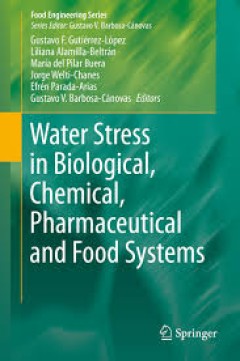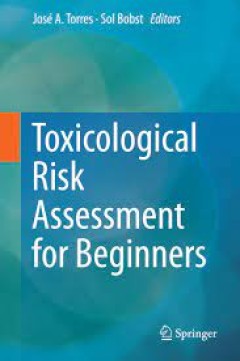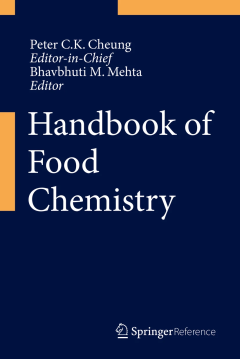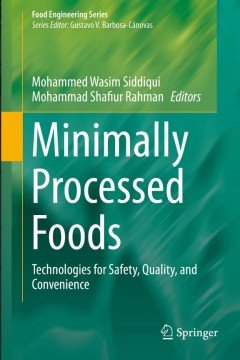Filter by

Vaccines for Neglected Pathogens: Strategies, Achievements and Challenges
This book reviews successes and (remaining) challenges in vaccine development for the selected Neglected Tropical Diseases (NTD) of Leprosy, Leishmaniasis, Meliodoisis and Tuberculosis, which are a continuous burden for millions of people in affected areas worldwide. Written by frontline researchers, the volume deep-dives into different vaccine strategies, provides biotechnological background i…
- Edition
- 1
- ISBN/ISSN
- 978-3-031-24355-4
- Collation
- VI, 344
- Series Title
- -
- Call Number
- -

Science and Innovations for Food Systems Transformation
This Open Access book compiles the findings of the Scientific Group of the United Nations Food Systems Summit 2021 and its research partners. The Scientific Group was an independent group of 28 food systems scientists from all over the world with a mandate from the Deputy Secretary-General of the United Nations. The chapters provide science- and research-based, state-of-the-art, solution-ori…
- Edition
- 1
- ISBN/ISSN
- -
- Collation
- -
- Series Title
- -
- Call Number
- XXII, 948

Water Stress in Biological, Chemical, Pharmaceutical and Food Systems
Water Stress Management contains the invited lectures and selected oral and poster presentations of the 11th International Symposium on the Properties of Water (ISOPOW), which was held in Queretaro, Mexico 5-9 September 2010. The text provides a holistic description and discussion of state-of-the-art topics on the role of water in Biological, Chemical, Pharmaceutical and Food systems within a f…
- Edition
- -
- ISBN/ISSN
- 978-1-4939-2578-0
- Collation
- -
- Series Title
- -
- Call Number
- -

Toxicological Risk Assessment for Beginners
This book serves as a comprehensive introductory guide to the practical aspects of risk assessment. Chapters include clearly defined objectives and summaries. The book includes: hazard identification, dose-response, exposure assessment, risk characterization, chemical mixtures, epidemiology, emerging issues and global perspectives with accessible language. The book concludes with a set of hypot…
- Edition
- -
- ISBN/ISSN
- 978-3-319-12751-4
- Collation
- -
- Series Title
- -
- Call Number
- -

Handbook of Food Chemistry
This handbook is intended to be a comprehensive reference for the various chemical aspects of foods and food products. Apart from the traditional knowledge, this book covers the most recent research and development of food chemistry in the areas of functional foods and nutraceuticals, organic and genetically modified foods, nonthermal food processing as well as nanotechnology. This handbook con…
- Edition
- -
- ISBN/ISSN
- 978-3-642-36604-8
- Collation
- XXIII, 1173 halaman
- Series Title
- -
- Call Number
- 574.13 HAN

Minimally Processed Foods
The safety and efficacy of minimal food processing depends on the use of novel preservation technologies. This book first examines what is meant by minimally processed foods, including fresh-cut, cooked-chilled, and part-baked products. Next explored are the technologies or methods to produce quality products in terms of safety and nutrition, including: edible coating, natural preservatives (i.…
- Edition
- 1
- ISBN/ISSN
- 978-3-319-10676-2
- Collation
- XII, 306
- Series Title
- Food Engineering Series
- Call Number
- -
 Computer Science, Information & General Works
Computer Science, Information & General Works  Philosophy & Psychology
Philosophy & Psychology  Religion
Religion  Social Sciences
Social Sciences  Language
Language  Pure Science
Pure Science  Applied Sciences
Applied Sciences  Art & Recreation
Art & Recreation  Literature
Literature  History & Geography
History & Geography